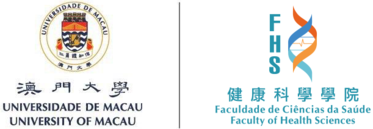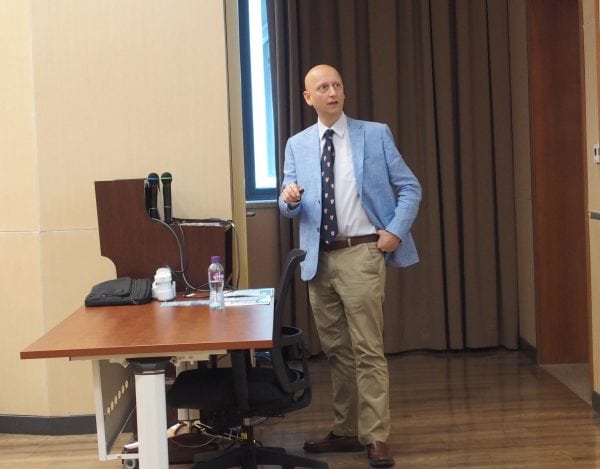| Talk title | Paradoxical transcriptional regulation of its own cellular target results in mycobacterial rifampicin tolerance |
| Speaker | Prof. Babak Javid Principal Investigator, Centre for Infectious Diseases Research, School of Medicine, Tsinghua University |
| Date & Time | 15 November 2017 (Wednesday) 9:30-10:30 |
| Venue | Room G004, E12 Building (University of Macau) |
| Abstract | All metrics used to describe antibiotic efficacy rely on population-level measurements. However, not all bacterial cells respond to antibiotics uniformly. In fact, subpopulations of mycobacteria can continue to grow and divide, even at concentrations of antibiotics that kill the majority of cells. The mechanisms underlying this phenomenon are not known.
Here, we describe a form of semi-heritable tolerance to the key anti-mycobacterial agent rifampicin. Rifampicin inhibits transcription by targeting subunit β of RNA polymerase (RpoB). Surprisingly, rifampicin exposure upregulates rpoB in a subpopulation of cells, followed by growth. rpoB is regulated by two conserved promoters. Normally, expression from Promoter I prevents maximal expression from the second promoter. However, rifampicin exposure results in preferential inhibition of Promoter I, allowing increased rpoB expression from Promoter II, triggering growth. Disruption of promoter architecture leads to differences in rifampicin susceptibility of the population, suggesting strategies to specifically target rifampicin tolerance and speed-up tuberculosis treatment. |


